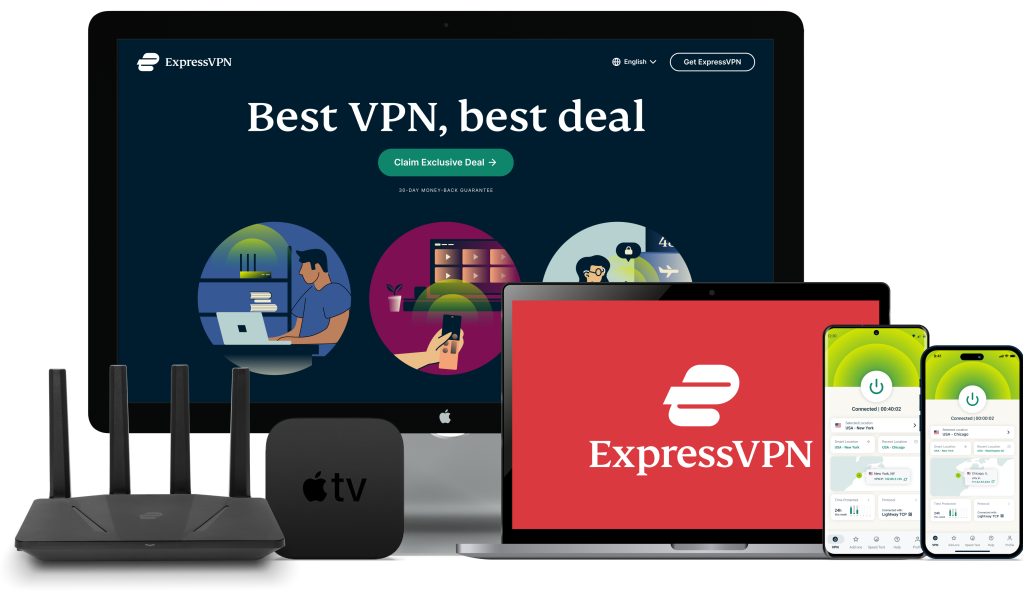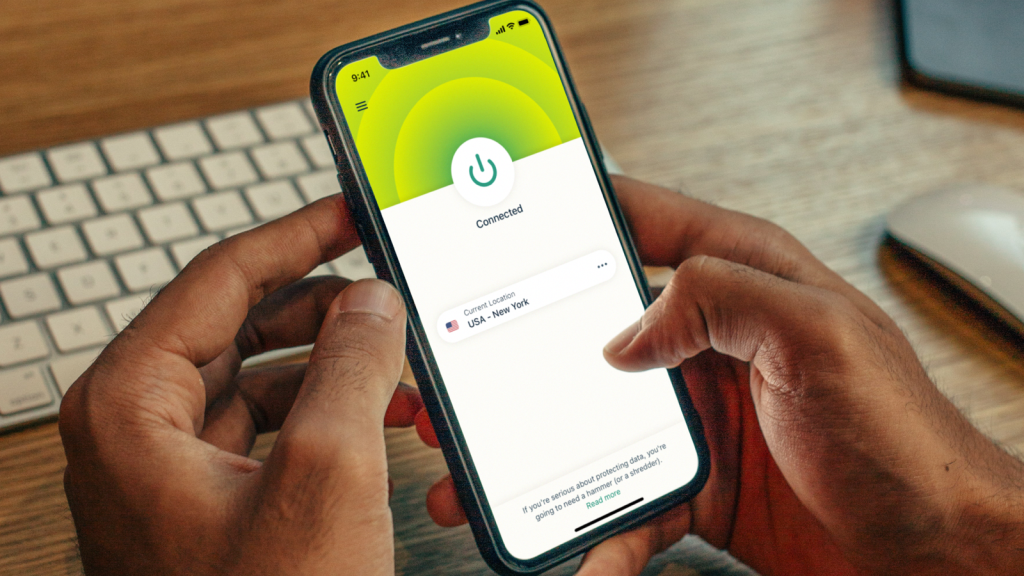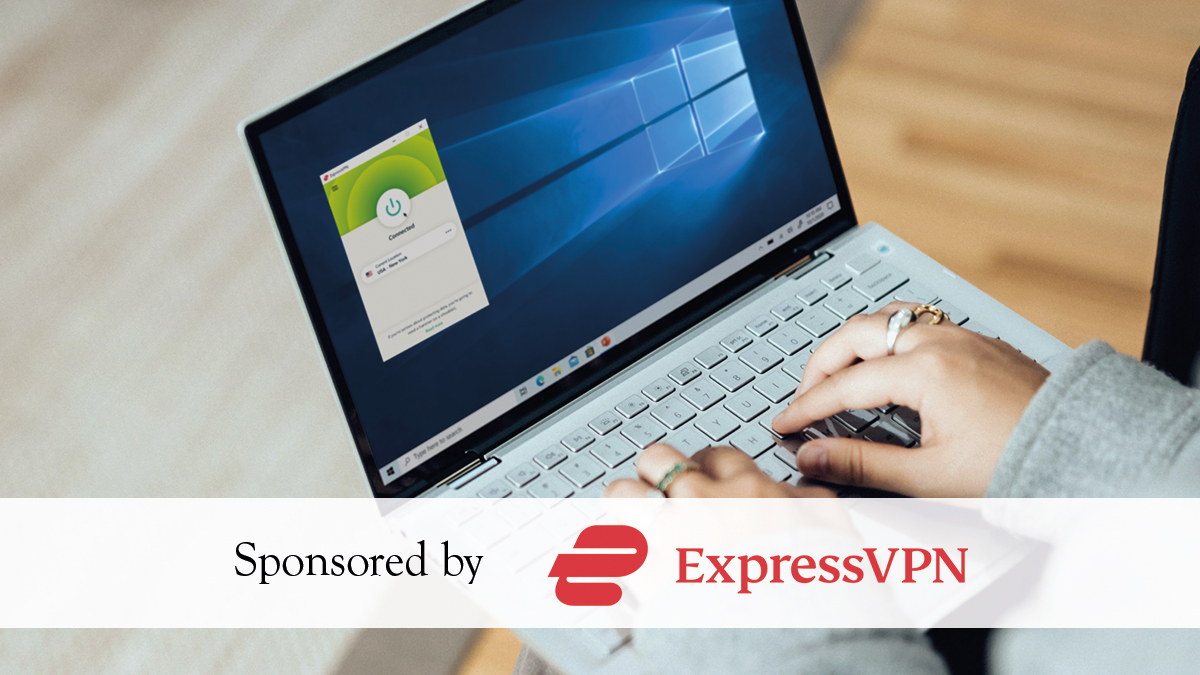Browsing the internet just got a lot more complicated. On 25 July, the Online Safety Act came into force across the UK, requiring a range of websites to verify the age of their visitors. To do this, users are being asked to hand over valuable personal data – such as ID documents, credit card details and selfies.

With the ever-present threat of data leaks and breaches, many are nervous about surrendering this kind of information without knowing who might see it or how securely it will be stored. There are questions over how firms will handle information about individuals’ private browsing habits, and how they will keep it safe from hackers or hostile agents. And while the act was designed to protect under-18s from accessing adult content or harmful material, it has also crept into everyday areas of the online world – with some finding that social media and other platforms have effectively been censored if they haven’t verified their age. People are being forced to choose between their privacy and their freedom to browse without restrictions.
So what’s the alternative? More and more users are turning to VPNs, or virtual private networks – a simple and legal way to browse the internet while protecting your privacy. Since the Online Safety Act came in, VPN apps have rocketed to the top of Apple’s download charts. VPNs work by disguising where the user is accessing the internet from – meaning restrictions that only affect the UK can be bypassed because the web traffic appears to come from somewhere else. You install the VPN, connect it to your choice of servers outside the UK, and then just head over to whatever website you want to visit – with no demands for your ID documents.

Even before the Online Safety Act, VPNs had become an increasingly popular tool to prevent tracking and surveillance, encrypt internet traffic, preserve anonymity and enhance safety. There are other advantages, too, such as being able to bypass geographical restrictions on streaming services. But since the Act came in, VPNs are making the critical difference between browsing the internet freely or handing over sensitive personal details to faceless firms.
So how do you find the right VPN for you? The keys are speed, reliability – and, of course, security. Founded in 2009, ExpressVPN has a long track record of providing all of these things, becoming the world’s largest premium VPN provider. It’s made for streaming, whether it’s catching the latest series on American Netflix from the UK or tuning into BBC iPlayer when you’re on holiday. Wherever you are, it offers lightning-fast speeds and compatibility with just about every device you can think of – even those smart TVs and games consoles that can’t normally run VPNs.

But most importantly of all, it takes your security – and privacy – seriously. By connecting to one of its ultra-fast servers in more than 100 countries outside the UK, you bypass the need to jump through the hoops of the Online Safety Act, all while keeping your data and browsing history private. There are no activity logs or server logs recording your every move, and it employs the industry’s most advanced VPN server technology, TrustedServer. It also comes with an ad blocker for uninterrupted browsing, at no extra cost, and Threat Manager to defend against malicious sites and trackers – plus parental controls to ensure the whole family stays safe.
It’s easy to use, whatever browser or operating system you choose – with apps for Windows, Mac, Android and iOS, but also platforms other VPNs won’t support, including Android TV and Amazon Fire TV. And if you do need some extra help, there’s 24/7 customer support, online guides and video tutorials – and an unconditional 30-day money-back guarantee. For more information about browsing privately in the age of the Online Safety Act, visit ExpressVPN.com.






Comments